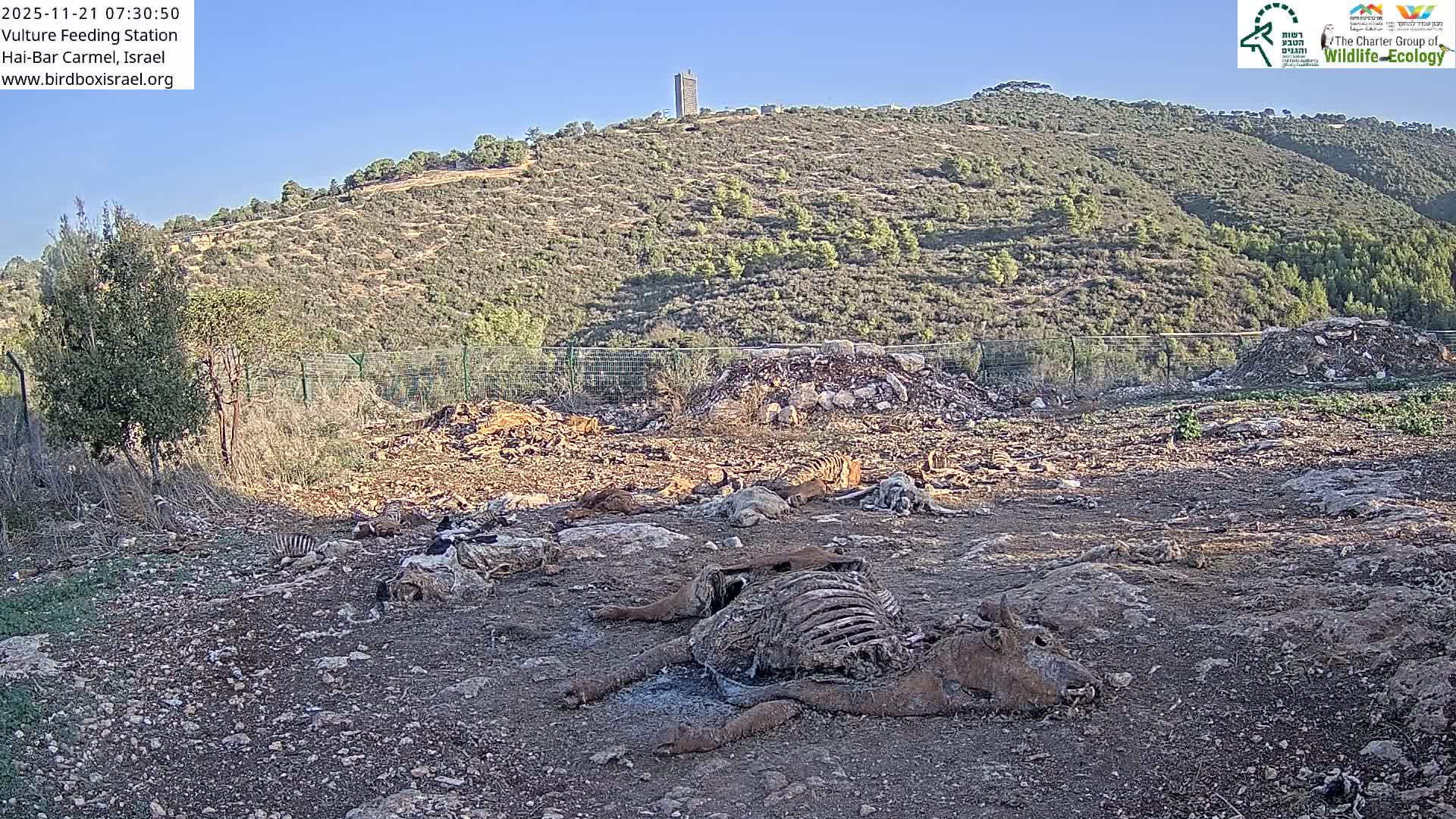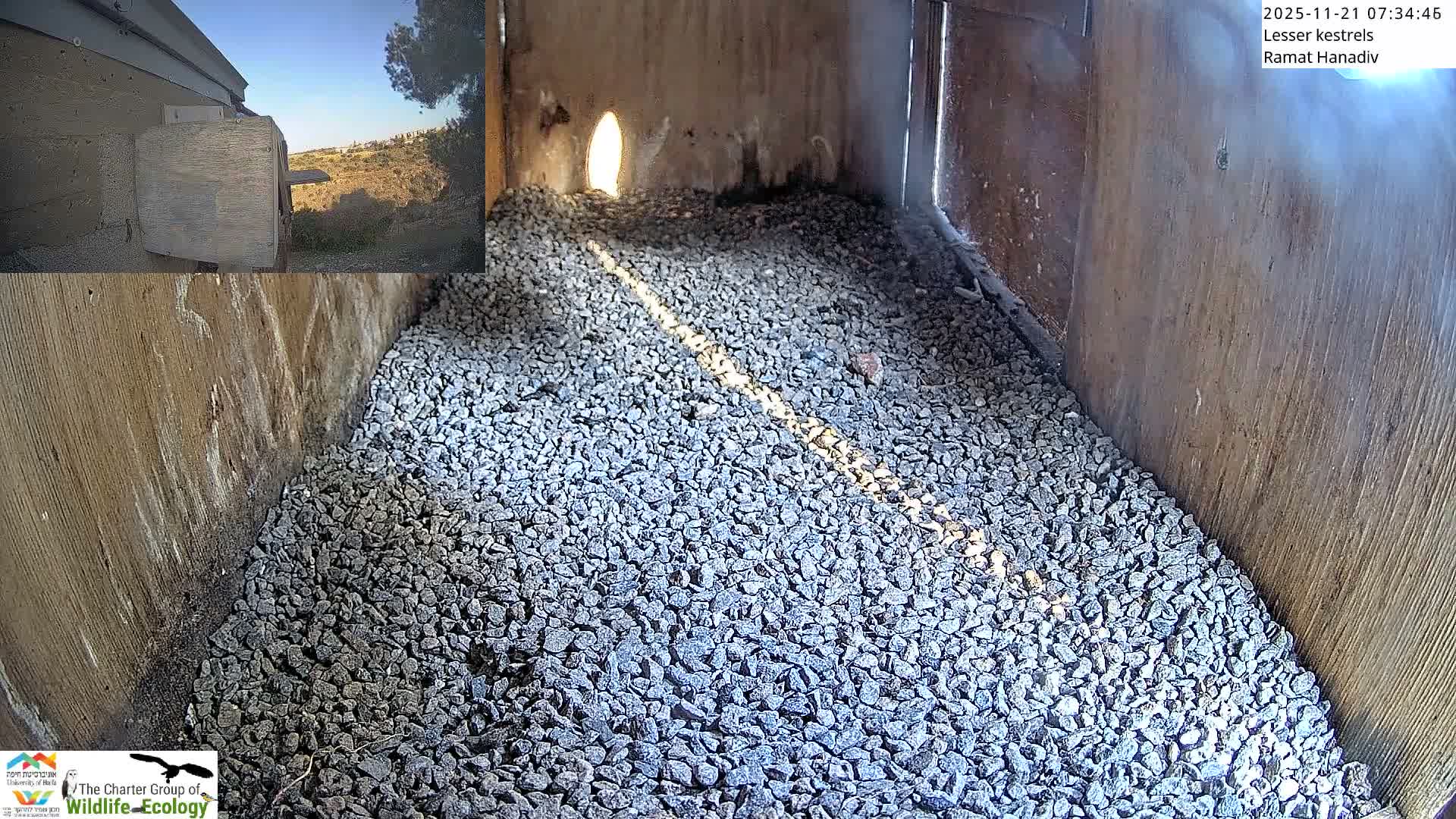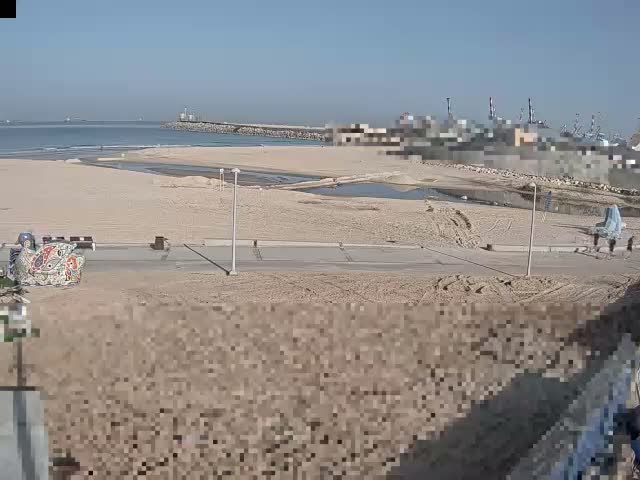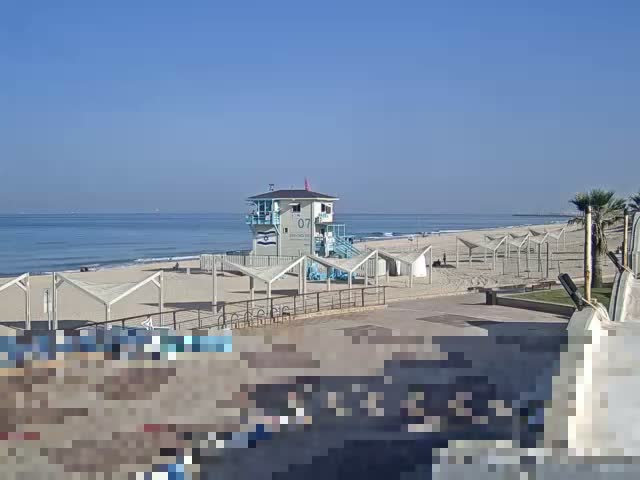Netanyahu's Visit to Occupied Syrian Territory Stalls Peace Talks, Fuels Regional Tensions & Deepens Israeli Entrenchment
 Israel
International Relations
Israel
International Relations
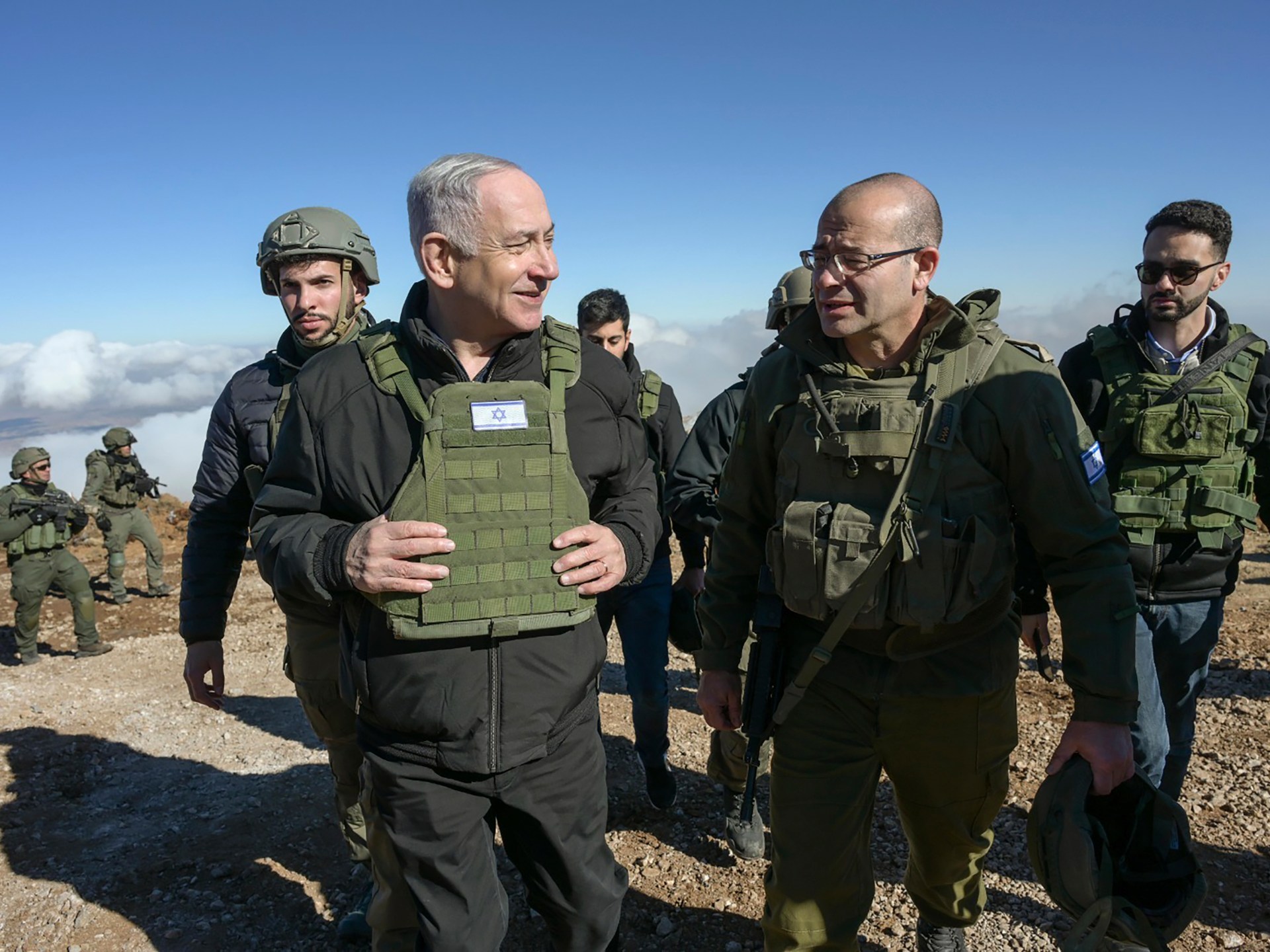
Israeli PM Netanyahu's visit to occupied Syrian territory has stalled peace talks and drawn international condemnation. Israel maintains its hardline stance, re
Netanyahu's Visit to Occupied Syria: Peace Talks Stall Amid Escalating Tensions
Israeli Prime Minister Benjamin Netanyahu's recent visit to illegally occupied Syrian territory has not only drawn sharp condemnation from Damascus but has also cast a dark shadow over prospects for a security agreement between the two nations. Accompanied by senior officials, Netanyahu's presence signals an unwavering commitment to a hardline stance on Syria, seemingly disregarding calls for diplomatic engagement from the United States.
The visit unfolds against a backdrop of escalating conflict. Following the collapse of the Bashar al-Assad regime in December 2024, Israel significantly expanded its footprint in Syria, breaching a 1974 agreement. This included seizing additional land along the border to establish a "buffer zone," notably incorporating the strategically vital summit of Mount Hermon. Prior to this, Israel had already been conducting aerial strikes against Syria, an ally of its regional adversary, Iran. Instead of seeking a new diplomatic path post-Assad, Israel has intensified its bombing campaigns, targeting even the capital, Damascus, leading to military casualties and striking the Ministry of Defence.
Hope for a breakthrough had briefly flickered following Syrian President Ahmed al-Sharaa's visit to US President Donald Trump at the White House earlier this month. Al-Sharaa had previously confirmed direct talks with Israel were underway to forge a lasting settlement. However, these hopes were dashed when Israel's Kan broadcaster, citing an anonymous government official, reported that negotiations had reached an impasse.
Israel's Deepening Presence and Stalled Diplomacy
When Israeli forces initially moved into Syria in December 2024, they expanded their territorial control by approximately 400 square kilometers, including Mount Hermon, which provides a strategic oversight of both southern Syria and northern Israel. While initially described as a "temporary defensive position," Israel's rhetoric has since hardened. Defense Minister Israel Katz affirmed in March that the occupation of parts of Syria would persist for an "unlimited amount of time." Israel has also positioned itself as a protector of Druze and Kurdish minorities against what it terms an "extremist" Syrian government.
While neither government has publicly clarified the breakdown of talks, reports from Israel's Kan indicate that negotiations faltered when Israel insisted on maintaining troops in Syrian territory without a "comprehensive peace agreement." The specifics of such an agreement remain vague, but leaked September reports suggested Israel was demanding a vast demilitarized zone southwest of Damascus, encompassing the governorates of Suwayda, Deraa, and Quneitra. In return, Israel would gradually withdraw its forces, except from Mount Hermon. However, Israel's position appears to have since become even more rigid, with reports suggesting no withdrawal from recently seized territory unless a full, yet currently absent, peace deal is reached. Reuters also reported an eleventh-hour Israeli request for a "humanitarian corridor" to the Druze-populated Suwayda governorate, and crucially, an aerial corridor through Syria to Iran, facilitating future Israeli strikes.
Netanyahu justified his visit to the buffer zone by emphasizing its "immense importance" and the vital role of troops in "safeguarding our Druze allies." This echoes Israel's July deployment to Syria, where it was accused of leveraging inter-group conflict to empower minority factions as alternative power centers to Damascus.
A Pattern of Buffer Zones and Forceful Diplomacy
Establishing expanded buffer zones ahead of diplomatic engagement or post-conflict reconstruction appears to be a core element of Israel's regional strategy. In Gaza, where a devastating conflict has claimed numerous lives, Israel seeks an extensive buffer zone as part of a US-backed stabilization deal, further reducing the already limited space for the enclave's post-war population. Similarly, in Lebanon, following its October 2024 invasion, Israel faces accusations of laying groundwork for a buffer zone akin to its efforts in Gaza.
International Outcry and Eroding Agreements
Syria's Foreign Ministry denounced Netanyahu's visit as "illegitimate" and a "grave violation of Syria's sovereignty and territorial integrity," asserting it was an attempt to impose a fait accompli contrary to UN Security Council resolutions. International condemnation followed swiftly from Jordan, France, and Qatar, who warned of threats to regional stability. UN spokesperson Stephane Dujarric expressed concern over Netanyahu's "very public visit," recalling UN Resolution 2799, which reaffirms Syria's full sovereignty, unity, independence, and territorial integrity.
UN Deputy Special Envoy for Syria, Najat Rochdi, urged Israel to cease its activities in the occupied Golan Heights, cautioning that these actions were fueling regional tensions and undermining the 1974 agreement. Syria's Foreign Minister Asaad al-Shaibani appealed to the UN Security Council to uphold its responsibilities under this agreement.
Notably, Israel's primary ally, the US, alongside several regional powers, appears to diverge from Israel's characterization of Syrian extremism. US President Trump lauded Syrian President al-Sharaa during his White House visit, expressing a desire for a "successful Syria" as part of regional peace efforts. Saudi Arabia, Qatar, and other Gulf nations have also extended economic support to post-Assad Syria, with Saudi Arabia announcing a reconstruction program.
Israel's Ultimate Aims in Syria
Israel's actions in Syria reflect a consistent regional playbook: employing force, prioritizing military strength, and showing reluctance to compromise. Believing it faces existential threats, Israel often prefers military solutions over deal-making, which it perceives as benefiting rivals. This strategy extends beyond Syria, with ongoing occupation of Lebanese territory and continued attacks despite a November 2024 ceasefire. As analyst Elia Ayoub suggests, Israel may seek to maintain weaker, dysfunctional neighbors to solidify its position as the dominant regional actor. Whether this implies a divided Syria or simply a large, permanent buffer zone remains to be seen, contingent on evolving circumstances.
